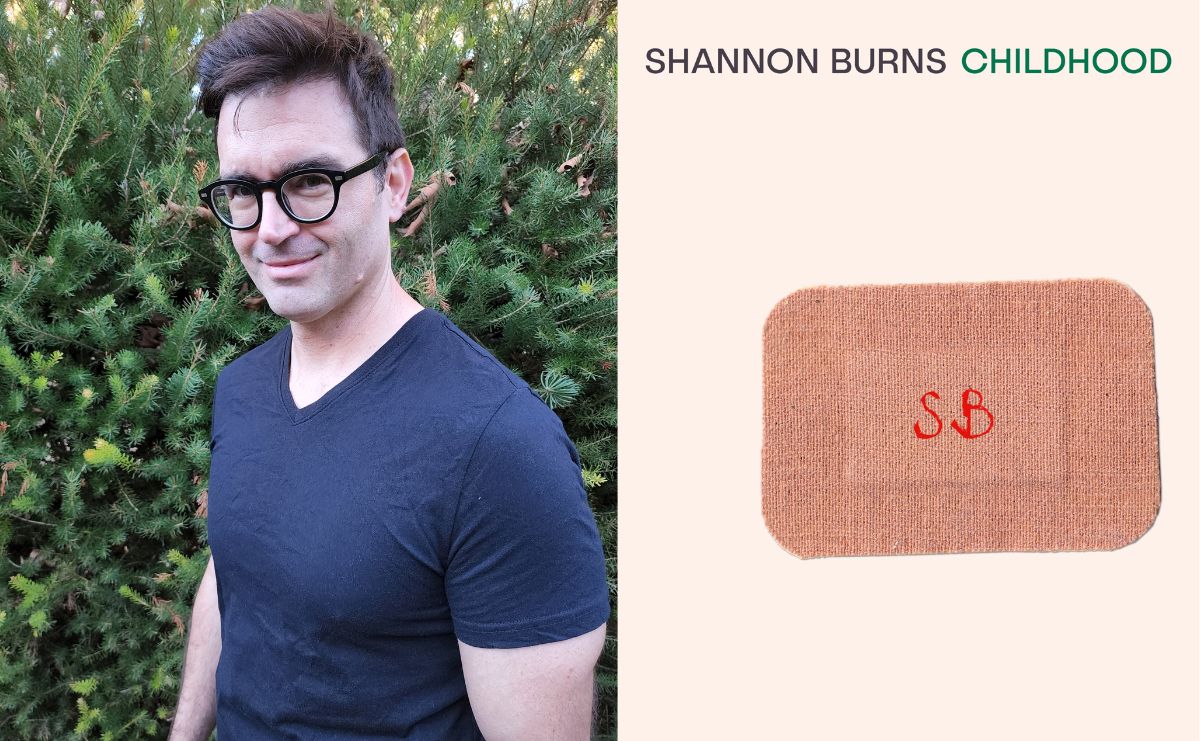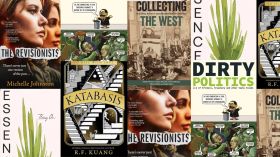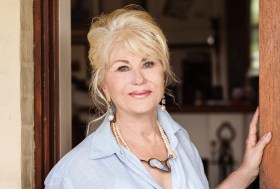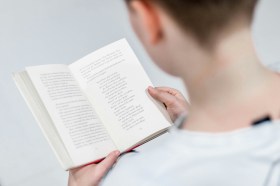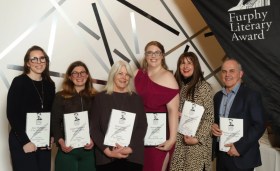Shannon Burns’ raw memoir is indeed, a glimpse into his childhood and begins with the author as a four- year-old and continues until he reaches 19 as it unearths his trauma – both with his experiences as a Greek-Australian during the late 80s and 90s, and the ramification of actions caused by the people around him.
Childhood refuses to shy away from the brutal truths of Burns’ experience as a victim of child abuse and living on the dole. His prepubescent life is tossed around between foster carers, family members and the occasional families of classmates. Perspectives change; an omniscient voice, styled in italics, counterargues much of what Burns explores from the first-person perspective of a child – as he ages, he comes to refer to himself as ‘the boy’. There is a sense that despite the intense pain of his younger years, he can associate himself to it more than the turmoil of being a teenager.
It is in the latter-half of the book that Burns’ writing becomes more eloquent and visceral; perhaps because this is the point where his younger self becomes involved with poetry and literary classics. Despite this, immersivity drops; the world is described less, he becomes solitary, and we cannot help but watch on as he teeters on the verge of homelessness, consuming himself in his day job.
Even still, it’s hard to not feel the desire to see Burns succeed. Indeed, his determination is incredible,
but there’s a sense of upper-class perverseness; a voyeuristic lens into the Australian wet-dream of a welfare-class individual making their way up in society. Towards the end of the book, Burns critiques the way literary classics are disregarded due to their increased accessibility, and states that ‘expensive, mostly contemporary literatures – all of them impossible for a kid with no money or home to hear about, let alone acquire, were the new, unstated canon.’ This reads as ironic, as this novel itself retails for around $30, something completely inaccessible for a teen of a similar background.
Burns asks, ‘What has the potential to redeem the great aching blankness inside him, or the unpictured future, if not love?’ and this remains true for the overarching plot of the memoir; this is a boy who has experienced terrible pain, who has watched those he loves receive pain – and had them hand it back to him. He challenges us to consider why children make excuses for their parents; an uncomfortable truth reminiscent of Stephen Chbosky’s ‘we accept the love we think we deserve’.
Read: Book review: The Ninth Life of a Diamond Miner, Grace Tame
This is not a book you sit back and read on a lazy Saturday afternoon; it is at times downright uncomfortable in the unabashed authenticity of Burns’ lived experience. However, such confrontation is often needed to remind people to not ‘assume [one] had gone to a nice private school, and enjoyed a solid measure of nurture and support‘.
Ultimately, Childhood is worth a read; Burns has a talent for immersing the reader into his life, and it remains throughout until the very end.
Childhood: a memoir by Shannon Burns
Publisher: Text Publishing
ISBN: 9781922330789
Format: paperback
Pages: 272pp
Publication date: 5 October 2022
RRP: $29.99

